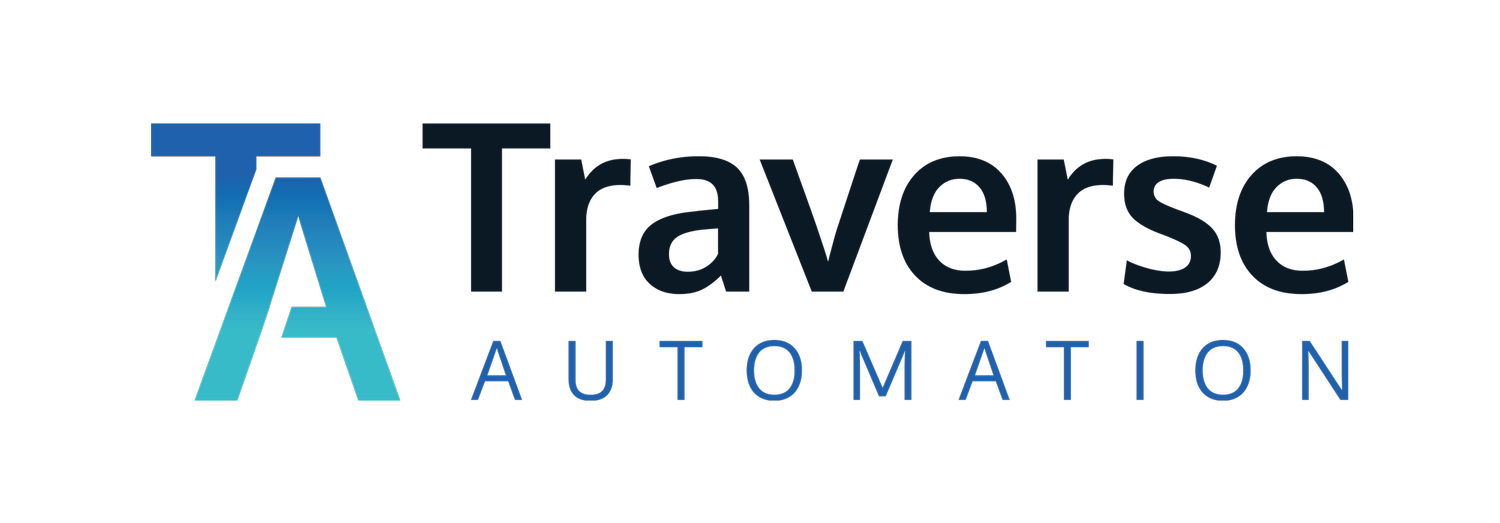Strategies For Coping And Thriving During The Travel Industry’s Peak Period.
As the travel industry gears up for the upcoming January peak period, businesses are diligently preparing to meet the demands of an influx of travellers. January often witnesses a surge in bookings as people embark on post holiday getaways, plan winter escapes, or secure early reservations for the year ahead. In this blog, we'll explore the significance of the peak period in travel and how automation can be a game changer for travel businesses.
Do you feel prepared?
While the peak period presents ample business opportunities, it also poses several challenges for travel companies. Managing increased bookings, inquiries, and customer service requests can overwhelm staff. Manual data entry and processing become time consuming, increasing the risk of errors. Promptly responding to customer inquiries and providing personalised service can be challenging during busy times. Ensuring accurate inventory tracking and availability becomes crucial. Here are our top tips on getting prepared for peak:
Review Processes And Improve Early
Reviewing and improving processes well in advance of peak period is imperative for the travel industry. It offers the opportunity to thoroughly assess existing procedures, spot inefficiencies, and make informed adjustments. This proactive approach minimises the risk of disruptions during peak seasons, ensuring smooth operations. For example, identifying and addressing booking system issues months ahead allows companies to upgrade systems and train staff, ensuring peak periods run smoothly.
Implementing last minute changes before a peak period can introduce unpredictability and chaos, potentially impacting customer satisfaction and financial stability. Travelers demand consistency, and abrupt process changes can erode trust and lead to negative reviews. Early reviews and gradual improvements help minimise the risk of costly mistakes during peak times, maintaining a positive reputation.
Furthermore, early process reviews align with a strategy of long term sustainability and competitiveness in the travel industry. Constantly evaluating and enhancing operations positions businesses to adapt to market trends and customer preferences, reducing costs, enhancing service, and staying competitive year round. This strategic approach fosters growth and stability, ensuring success beyond peak periods.
Consider a company audit to help you find out where the problems are
Conducting a company audit is paramount for identifying and rectifying issues in automation during peak periods. An audit provides a comprehensive examination of your processes, offering a detailed understanding of your strengths and weaknesses. This analysis enables travel companies to pinpoint areas of inefficiency, potential bottlenecks, and gaps that may cause problems during peak periods. By gaining these insights in advance, businesses can strategically invest in improvements, such as software upgrades or process streamlining, to ensure a seamless and efficient operation when demand is at its highest.
A company audit fosters accountability and transparency within the organisation. It allows stakeholders to assess the performance of automated systems objectively and make data driven decisions. This collaborative approach ensures that everyone understands the challenges and opportunities in the automation process and can work together to implement necessary changes. In the competitive landscape in the travel industry, having a clear understanding of where automation problems lie and taking proactive steps to address them through a company audit is essential for maintaining customer satisfaction, meeting peak period demands, and staying ahead of the competition.
Have a think about your staff members
During peak periods, staff should focus on key tasks like addressing customer inquiries, managing orders, and maintaining service quality. To free up their time for these critical duties, automating routine tasks and streamlining processes is essential. This allows staff to concentrate on vital responsibilities, leading to better overall operations and customer satisfaction.
Automate what you can
Utilising automated services can significantly enhance operational efficiency and liberate staff members' valuable time to concentrate on providing exceptional customer experiences. By automating routine tasks and processes, such as data entry, appointment scheduling, and order processing, employees can redirect their efforts towards fostering more meaningful interactions with customers. This empowers them to offer personalised assistance, address inquiries promptly, and deliver a higher level of service. Furthermore, automation can lead to reduced administrative burdens, enabling staff to engage in training programs, professional development, and creative problem-solving, ultimately resulting in an enriched customer-centric approach that is paramount in delivering superior service.
Ensure you have MI reports so you can track it all
It's crucial to have comprehensive Management Information (MI) reports at your disposal. These reports offer invaluable insights into the performance and efficiency of your automated systems and processes. By tracking key metrics such as booking processing times, customer response rates, and system uptime, MI reports allow you to promptly identify any issues or bottlenecks in your automation workflows. Armed with this data, you can make informed decisions and adjustments in real time, ensuring that your automation aligns seamlessly with the dynamic demands of the peak period.
MI reports provide a means to measure the impact of your automation efforts on customer satisfaction and operational efficiency. By analysing trends and patterns in the data, you can fine tune your automation strategies and make data driven improvements to enhance the overall travel experience. This proactive approach not only ensures smoother operations during the peak season but also positions your travel business to adapt and thrive in the ever evolving.
Conclusion
In conclusion, the utilisation of automation during travel peak periods is undeniably imperative. It not only helps in managing the surge in demand efficiently but also enhances the overall customer experience. By automating routine tasks, such as booking and check-in processes, we can ensure swift and error-free transactions, reducing customer wait times and frustration. Moreover, automation enables staff to channel their efforts into providing personalised assistance and resolving complex issues, resulting in higher customer satisfaction and loyalty. Embracing automation during travel peak periods is a strategic move that not only streamlines operations but also elevates service standards, ensuring a smoother and more enjoyable travel experience for all.




